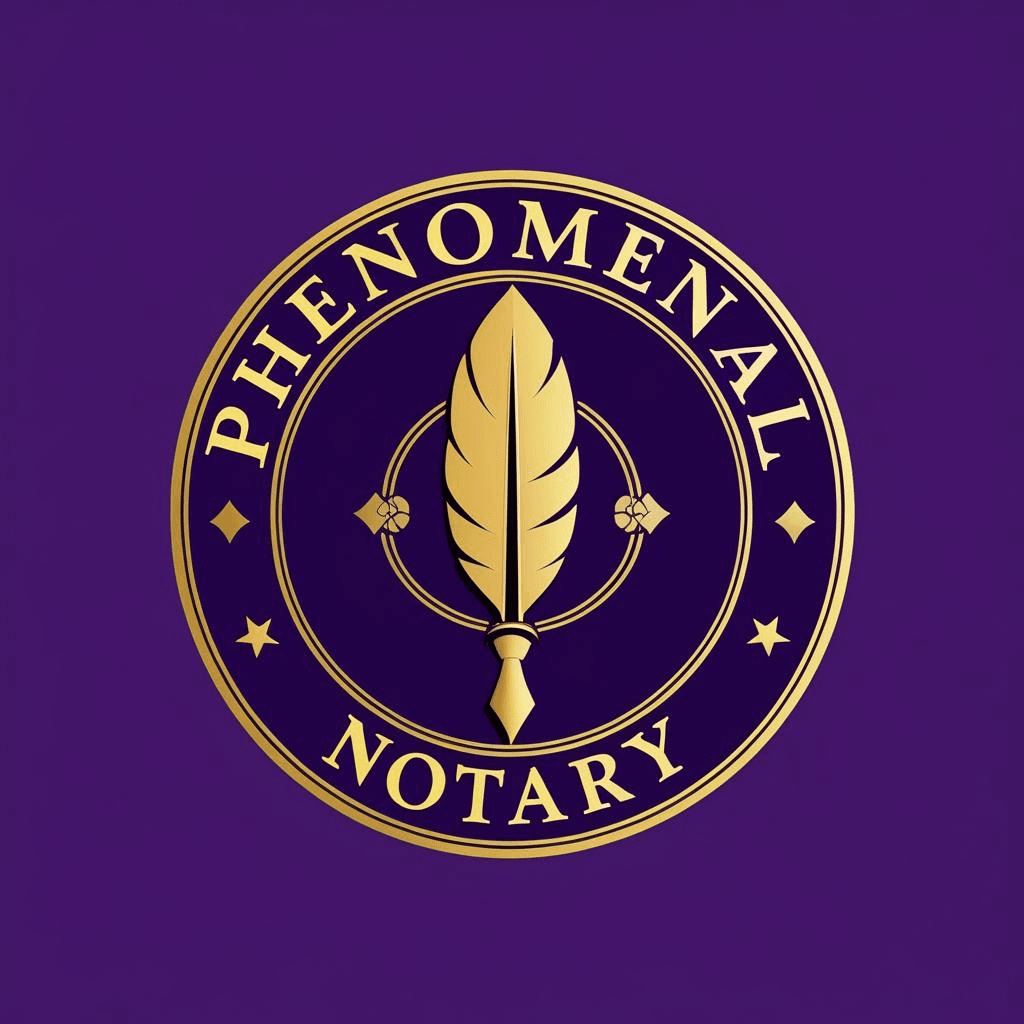Notarization of Wills and Self-Proving Affidavits
Notarization of Wills and Self-Proving Affidavits
A will is one of the most important estate planning documents, guiding how your assets will be distributed and who will manage your affairs. But ensuring that your will is accepted in probate often requires notarization.
Do Wills Need to Be Notarized?
Requirements vary by state. In many cases, it’s not the will itself that is notarized but the signatures of the witnesses. This notarization helps confirm that the will was signed properly and without coercion.
What is a Self-Proving Affidavit?
A self-proving affidavit is a notarized statement signed by witnesses confirming that the testator signed the will willingly and was of sound mind. When attached to a will, this affidavit allows probate courts to accept the will without requiring witnesses to testify—saving your loved ones time and stress.
Why Proper Notarization Matters
Because estate laws differ from state to state, notaries must follow strict certificate wording and avoid giving legal advice. Their role is to verify the process, not to interpret the will.
Bottom Line: A notarized self-proving affidavit strengthens the validity of a will, simplifies probate, and provides peace of mind for families.
